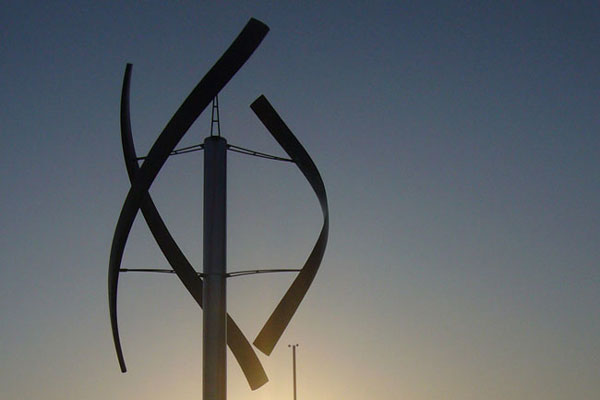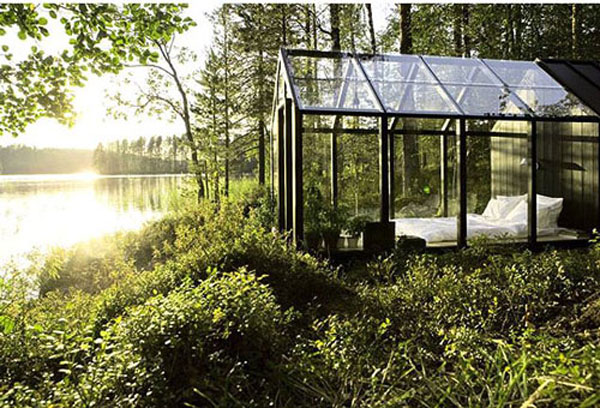 The title of this New York Times op-ed article, We Need to Retreat From the Beach captured my attention because I've been ruminating over three recent conversations:
The title of this New York Times op-ed article, We Need to Retreat From the Beach captured my attention because I've been ruminating over three recent conversations:
1. "This line shows where your property will be in a few years. Underwater." ~ my husband talking to a friend after marking a measurement showing the rising sea level on the wooden planks leading up from the ocean to his beautiful beach home on Martha's Vineyard
2. "There's lots happening and none of it is good. We're homeless, but we're starting to rebuild." ~ a phone call from my cousin after Superstorm Sandy devastated her Long Beach home, wrecked two cars and washed away a lifetime of memories
3."They shouldn't give those poor folks a cent to rebuild. No one should be living so close to the ocean anymore." ~ my mother's friend at a Mahjong game last week
We've now seen and experienced the edge of the ocean spilling into our homes...our lives, and as my friend, Judith Ross writes, "We are at a fork in the road."
The NYTimes piece agrees, "As sea levels continue to rise, the surges of these future storms will be higher and even more deadly. We can’t stop these powerful storms. But we can reduce the deaths and damage they cause."
Solutions?
There's been talk of constructing 25 miles of coastal protection...to build a $15 billion seawall. This is the "cheapest solution." But would "the side effects" of such a barrier with its impact on inland estuaries and coastal marshes...and might I add, an eyesore to those who choose to afford a water view, be feasible given the "complex and overlapping regulatory structure that involves multiple local, state and federal agencies?"
Then there's the issue of insurance costs and outlays...yours, mine and ours. In some cases, should insurance money slated for rebuilding be redirected toward relocation and resettlement? Wouldn't it be even worse to lose a home again...and possibly a life?
These are heart-wrenching questions. I would love to know your thoughts about rebuilding in the face of our climate crisis.
Photo used with permission: Ben Scott for Bluerock Design

 The whishing and shushing of spinning wind towers are just beginning to blot our landscape. Are wind towers ugly? I find wind towers both novel, and an optimistic reminder that we can find a solution to our carbon problem. And as you can see, harnessing the wind doesn't have to be an eyesore.
The whishing and shushing of spinning wind towers are just beginning to blot our landscape. Are wind towers ugly? I find wind towers both novel, and an optimistic reminder that we can find a solution to our carbon problem. And as you can see, harnessing the wind doesn't have to be an eyesore. I've written about
I've written about  Where have I been besides dreaming I had an
Where have I been besides dreaming I had an  Feeling a little bullish and full of questions about Earth Day.
Feeling a little bullish and full of questions about Earth Day.